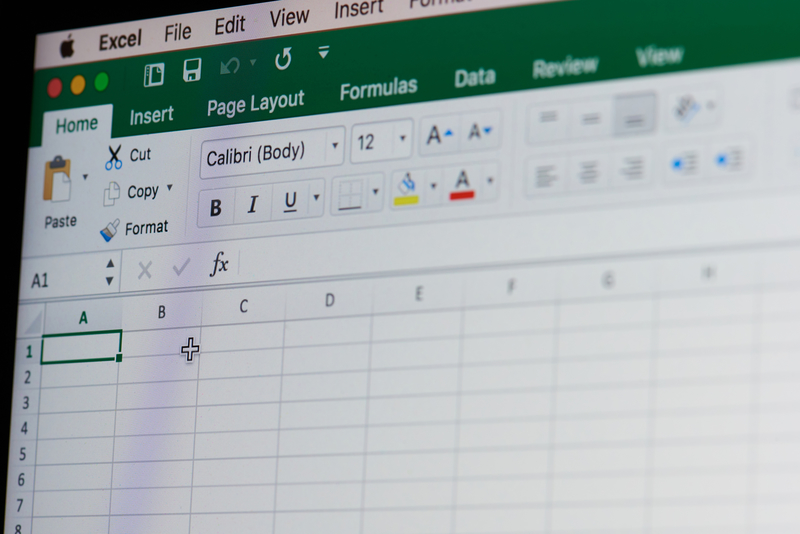“Are You Being Mindful Or Mind Full And Did I Write The Book I Intended?”


Forgive the pun, but Mindfulness is something that I’ve been thinking about rather a lot lately. I was commissioned to write a book in 2014 about it and that set me thinking about what I actually wanted to say.
I certainly didn’t want to write a vanilla piece, or just a potted history padded out and then wrapped up with a few exercises. For me the compelling story in all of this is about how the Brain actually works and how the daily practice of Mindfulness & being Mindful, can really change things: In the work place and in the home. How it can improve learning, decision-making, concentration, performance and productivity, reduce sickness and absenteeism, &, stimulate innovation and creativity. How it can make you a better leader and a more compassionate & resilient person.
In short, the book I wanted to write needed to look at all of this and more, &, be served by both purpose and passion!
In People Management, not so long ago, Peter Honey wrote about ‘Information Overload’ and its impact on how people learned or rather find themselves unable to learn!
The Brain is without question a wonderful thing, but the simple truth is it’s being over-stimulated by the modern world; the demands of technology, &, how we work and how we play today! One in five people are reporting feeling unusually tired, yet wired at the same time? And they’re waking up wondering whether they’ve slept at all because of the buzz of a constant narrative that’s been running through their head!
[bookboon-book id=”290874fa-2a59-4696-9ee0-a3be00ac509e” title=”More info on Mindfulness in this eBook” button=”Download eBook”]
Perhaps you recognise and share these symptoms? May be you’re one of those suffering from a growing epidemic of tiredness; although it’s not really the kind of tiredness which is caused just by a lack if sleep.
As well as a personal cost of course, there is also a business cost and one recent large-scale survey of 38,700 British employees revealed that only 15% felt revived by their sleep, &, even the Royal College of Psychiatrists believes that one in five of us is ‘unusually tired’ at any given time.
It would seem that many of us are suffering from the negative effects of being on the merry go-round of modern life. So, do we stop & get off? And if Yes, how do we do this?
Can Mindfulness make you feel more awake?
Well whilst this sense of fatigue is pretty universal it would appear, clinically it is being suggested that in many cases there is no underlying medical condition, or indeed anything wrong, &, it’s not really about sleep at all – it’s actually about a ‘State of Mind’.
In my new book, “Uncovering Mindfulness: In Search Of A Life More Meaningful” & now available on bookboon.com and Amazon I take a close look at the very positive impact that Mindful practice can have both on an individual employee level and on an organisation business level.
To practice Mindfulness means to practice being aware; connecting the physical with the mental and being conscious of what is going on inside your mind and in your body, whilst simultaneously being very aware of the world around you.
The mere act of living requires a considered degree of mental clarity and focus, yet there is a very real imperative and tension to be constantly in a ‘doing mode’ – updating your status on your smart phone & answering emails at 10PM, for instance, &, I bet that will sound very familiar to many of you reading this!
The experts will tell you that if someone is suffering an overload of information they may get ‘stuck’ in the intermediate levels of sleep when the Brain is consolidating and filing, but never reach as far as the deeper rejuvenating ‘Delta’ sleep, which is very probably why we wake up feeling so tired!
Are you suffering from information overload?
The most vital and important thing we can do is to give our Brains a break from this ‘Information Onslaught’ and research shows that Meditation and the practice of Mindfulness techniques can help us feel more rested.
For some however, Meditation or the practice of Mindfulness might feel like a stage to far, whatever the science may say. The science though is pretty persuasive, suggesting that simply by consciously trying to spend ten minutes each day ‘In the Present’, noticing the world around us can make a very real difference. It can enable the Brain to move from a switched-on ‘Beta’ state to a slower and more relaxed ‘Alpha’ state, &, beyond this lies the ‘Theta’ state where essentially your Brain goes ‘offline’ (think ‘Day Dreams’) & it is in this state that your creativity increases. It’s also the state that builds resilience, mental stamina and toughness.
Some major employers including Google, Reebok and London Transport, have all recognised the positive impact of ‘Mindfulness’ techniques in the workplace and there is an increasing body of hard evidence to show that such practices can lead to a marked increase in productivity, whilst significantly reducing both stress related absences and scripts for depression, staff turnover and incidences of conflict in the workplace.
Another reason to act smart and look after the Brain though is to counter the effects of what is euphemistically referred to as a ‘Senior Moment’, &, this is becoming of increasing importance in an ageing workforce.
Whether ‘Information Overload’ or not, as we advance in years we all have these unbidden episodes; those minor absences – forgetting where we left the keys, or the name of a favourite Band; or little lapses in mental focus which can have a detrimental impact on our professional, social and personal well being.
Mindfulness and Sudoku to keep the balance
Is it inevitable though? Neuroscience is a really fascinating field of research and as Neuroscientists discover more and more about the Brain and how it works, they are increasingly finding out that there’s actually rather a lot that can be done! My new book devotes an entire chapter to this and there really is a clear scientific case why Mindfulness works!
Put simply, in order for the Brain to make neural connections and new neural pathways, it needs exercise much in the same way as the rest of the body. Mental workouts can significantly improve cognitive functions, strengthen neural pathways and increase your mental sharpness and acuity.
So, a little Mindfulness training, as well as keeping on doing the daily Cross Word puzzle or Sudoku solving, may very well be all you need to rebalance, reboot and reassert your mental edge?
And did I succeed then in writing the book I set out intending to write? You decide by downloading a copy from bookboon.com or Amazon.Com. Don’t forget to give it a review too and if your on Twitter you follow my continuing journey in search of Mindfulness on @TheMindfulBook
Meanwhile if you you’d like to read more of my professional Blogs on the challenges of leadership, handing complexity and dealing with wicked issues, change management, creativity, collaborative working and soft skills for a global market, visit www.themuddpartnership.com
[bookboon-recommendations id=”290874fa-2a59-4696-9ee0-a3be00ac509e” title=”You might also find these books interesting…”]



